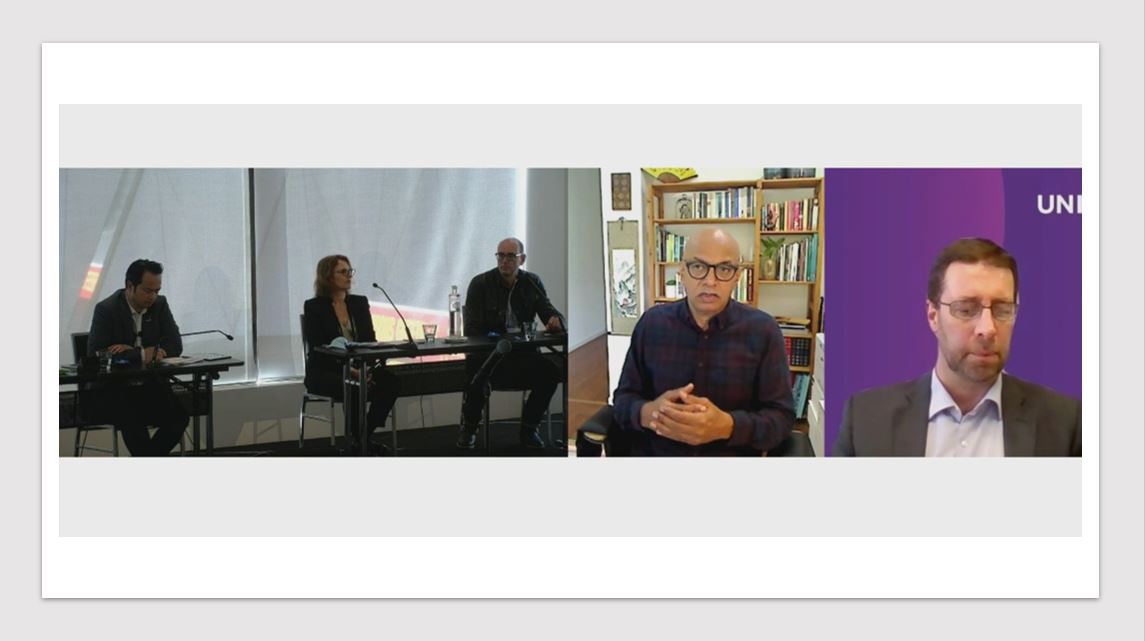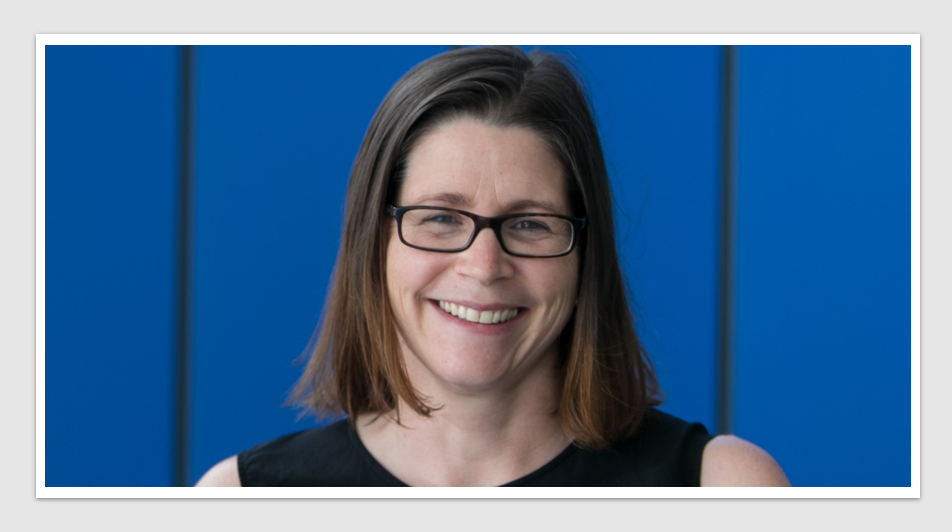Medical
Australia lags behind on research translation and commercialisation, industry leaders warn

Medical: At a session chaired by Associate Professor Tam C. Nguyen, Deputy Director of Research, St Vincent’s Hospital Melbourne, industry leaders at Bio Connections 2021 conference reflected on the translation and commercialisation ecosystem of novel therapies in Australia and whether the 10-point plan launched last year has moved the needle in a positive direction.
Dr Anand Gautam, Executive Director and Emerging Science Lead, Emerging Science & Innovation, Asia & APAC, Pfizer Worldwide R&D said “Disappointingly, we have not seen any positive signs of making a real translation impact in Australia in the last year. The plan has been to create the ecosystem, however, there’s literally no plan for return on investment.
“The government is putting a lot of money into research, however, the transparency that we demanded last year from stakeholders where we get to see how the taxpayer funds are being distributed to organisations has not been actioned.”
Dr Gautam questioned the international expertise within organisations that are receiving funding to equip them with the skills and capabilities in translating and commercialising novel therapies.
He added “We need to have impactful drugs approved by the U.S. Food and Drug Administration (FDA) beyond Gardasil and moxidectin. We need to open our hearts and ask – are we doing the right thing for the patients and the community? Are we getting a return on investment?”
Dr Mark Ashton, Executive Director, IP Commercialisation at UniQuest, believes that Australia struggles to get the science from the lab into the market. The is sufficient funding available through the Medical Research Future Fund (MRFF) or venture capital (VC), however it is not being deployed at scale to make a difference.
He added “Universities need to be funded to do translational research. Countries like the UK and Germany have less publications per capita than Australia, yet more patents. Incentivising academics on publications and citations metrics is not going to drive intellectual property and get us real drugs. We need to change our mindset.”
Linda Peterson, Chief Operating Officer and Company Secretary at BioCurate, commented “We all came into this field because we are really passionate and we get a thrill out of being able to move the dial when it comes to people’s health, longevity and quality of life.
“We’ve got a disconnect between how impact occurs versus the fundamental work that happens at the start of research. Most people think that the same person that can do that great fundamental research is the same person that can take a drug or medical device to market. We are working with researchers to support them in understanding that this is a team sport. It takes so many people from so many disciplines to be able to feed into the various steps of translating and commercialising research. And that is a cultural change.
“We have a great deal of empathy for researchers in a traditional academic career. They must publish and invent new stuff. They are not rewarded for taking some green shoots, doing the rigorous work and continuing to push it down the line. The environment is not conducive for that,” she added.
Mark Sullivan, Founder and Managing Director, Medicines Development for Global Health, sees little effort being made in understanding and sharing the investment data with the wider stakeholders. He said “The first thing that I would want to look at would be the inputs, the finance, the intellectual property, and the outputs, which are not publications, they are medicines that will improve people’s lives. Looking at these data buckets, how much money are we investing in the various stages of the process and what rewards have we gained for that? I think it’ll be an incredibly depressing story with regards to our product development history.
“We have a fantastic research community, a phenomenal medical infrastructure and there’s plenty of money in this country. We’ve been famously a country of deep pockets and short arms. One of the things that’s going horribly wrong with our research is that we begin to tackle building a skyscraper of a medicine as though you’re building a garden shed. Having a drug that can knock off a bacteria or kill a virus doesn’t mean that you’ve got a product to commercialise. Sometimes you have to draw the line to move on and work on something else. We must make an impact with our available time and resources.
“The fact that we’re here struggling to name the products that we have had approved as a new chemical entity (NCE) through the FDA is an indicator that we aren’t being very successful at getting things through to the far end. The problem seems to lie not with the researchers, not with the amount of money, but the way that it’s applied in the development. Perhaps part of that issue is the R&D tax concession penalising those going overseas, which is actually what you need to be doing.”
According to Sullivan, there are 40 drugs approved by the FDA every year, on average. In 10 years, that equates to 400 project leaders (assuming no overlap) in the world who have taken a drug through to an approval with the FDA. The pool of people who know how to do this is very small.
He said “We need to connect with them or bring them on our boards so that we can learn from their experience. But of course, we are required to spend the money here, to run our trials here and to try and manufacture here. I will buy the best people in the world to do the work that I need to do because that’s the way you get drugs developed.”
Dr Gautam reflected on the recent taxpayer funds that have been distributed by the government to organisations. “They’re basically the same organisations that always end up getting the pool and distributing the funds. Why aren’t we having those experienced people who have taken a drug to market work with us? Why are we always getting the same group of 10 or 20 allocating the research funds?
“I’m still waiting for the first novel NCE that has come out of the translation side of MRFF – zero. Six years of the MRFF program has gone by and four years are left. Do you think we’re going to get a novel compound that could potentially be approved by the FDA? I don’t think so. That’s a huge amount of wasted resources and that needs to change.”
Peterson said “There are only a very small handful of jurisdictions in the world that really know how to do drug development from inception to the patient bench. In Australia, we should focus on our strengths and the 10 Point Plan should go down to two or three points where we focus on what we do really well. We are in a global market. We live in a global world and we need to act like that.
Dr Ashton commented “We need to make bold and brave changes. There is money around but we don’t have the talent here to translate and commercialise novel therapies. We need to build businesses to attract talent and be sustainable in Australia.”
Dr Gautam concluded “I want to see investment in places where they are really differentiated to develop cutting edge medicines. I still aspire to see at least 10 – 20 new biotech companies in Australia within my lifetime that are $5 – $10 billion each. There is good science here, but you have to partner with developers to learn and then bring the knowledge back. You cannot do everything yourself.”
Digital & Innovation

Medical drone to reduce health equity gaps in rural and remote Australia
A specialised medical drone which increases accessibility to essential health services such as pathology, medicines, and telehealth services in rural […]
MoreNews & Trends - Pharmaceuticals

We’ve spent more on healthcare, but it’s been worth it
Healthcare expenditure is surging, with Australia now allocating approximately one-tenth of its budget to this sector. This financial uptick prompts […]
MoreNews & Trends - Pharmaceuticals

New partnership to raise the bar in precision oncology in Queensland
Pharma News: The Australian Translational Genomics Centre (ATGC) is teaming up with non-profit research organisation Omico and the PrOSPeCT program […]
MoreNews & Trends - Biotechnology

AusBiotech appoints new CEO: Former Sanofi corporate affairs and sustainability leader takes the helm
Biotech News: AusBiotech, the nation’s leading industry body for the biotech sector, has named former leader at Sanofi, Rebekah Cassidy, […]
More